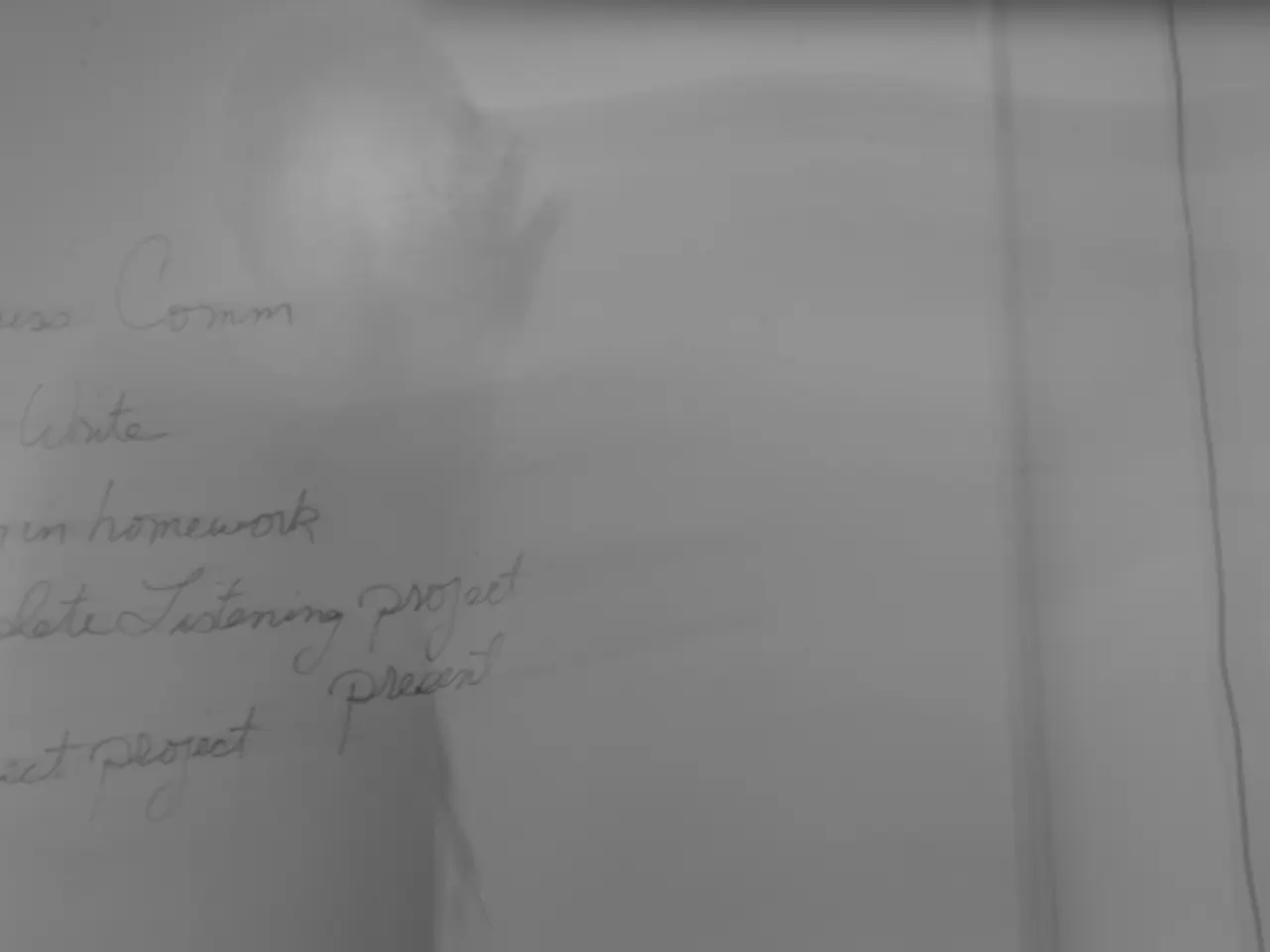Tariff-induced price increases in the U.S. anticipated during summer, as per Powell's statements.
In a move reflecting prudence and a keen focus on maintaining economic stability, the Federal Reserve has decided to hold interest rates steady, as trade tariffs continue to cast a shadow over the U.S. economy.
Fed Chair Jerome Powell and other officials have emphasized that the central bank has kept interest rates in the 4.25% to 4.5% range throughout 2025, primarily due to concerns that tariffs, particularly those imposed during President Donald Trump's administration, could elevate inflation. Inflation has remained stubbornly higher than the Fed's 2% target, and although recent data shows mild price increases, the full inflationary effects of tariffs are expected to manifest later in the year as companies exhaust inventories stockpiled before tariffs took effect.
Powell has explicitly mentioned that the Fed might have already cut rates were it not for the inflation risks tariffs pose. The Fed is therefore taking a cautious approach, making decisions on a meeting-by-meeting basis while closely monitoring how tariffs affect price levels and economic growth.
Economists and Fed officials anticipate that inflation could rise again over the summer and into the end of 2025 as tariff effects continue to work through the economy, which is limiting the Fed’s willingness to cut rates prematurely. Some forecasters predict the Fed may begin cutting rates in the second half of 2025, with possible cuts starting as early as July, September, or December, once there is clearer evidence on the tariffs' economic impact.
However, the consensus is that the Fed will proceed cautiously, balancing the risks of inflation rising due to tariffs against concerns about slowing employment and output growth. Two Trump-appointed Fed governors, Christopher Waller and Michelle Bowman, have argued a rate cut could be appropriate as soon as the Fed's meeting later this month.
Despite the cautious stance, Powell has acknowledged that uncertainties remain regarding the impact of tariffs. He stated that the prudent thing to do is to wait and learn more about the effects of tariffs before making any decisions. The Fed's next meeting is scheduled for July 29-30 in Washington.
ECB President Christine Lagarde expressed support for Powell, stating, "I think I speak for myself, but I speak for all colleagues on the panel. I think we would do exactly the same thing as our colleague, Jay Powell."
When asked if July were too soon for a rate cut, Powell did not rule out the possibility. However, he once again declined to say whether he would leave the Fed when his term as chair expires next May.
In a positive sign for the labour market, data released Tuesday showed U.S. job openings unexpectedly rose in May to the highest level since November. Despite this, economic data have shown little impact from tariffs, either in prices or the labor market.
The Fed has held off on lowering interest rates this year in part to determine whether tariff-driven price hikes might evolve into more persistent inflation. Seven of the policymakers projected no cuts in 2025, while another two penciled in just one reduction before year's end.
When asked whether attacks from Trump were making it more difficult for him to do his job, Powell drew a sustained round of applause with his response.
In conclusion, the Federal Reserve's current position is to hold interest rates steady while carefully evaluating the inflationary pressures from trade tariffs before initiating any rate cuts. This prudence reflects a priority to maintain economic stability amid tariff-driven uncertainties.
In line with the Federal Reserve's focus on maintaining economic stability, Fed Chair Jerome Powell and other officials contend that they have maintained interest rates primarily due to concerns about inflation elevated by business tariffs. Furthermore, the Fed is considering cutting rates but is taking a cautious approach as they closely monitor the impact of tariffs on finance and the economy.




